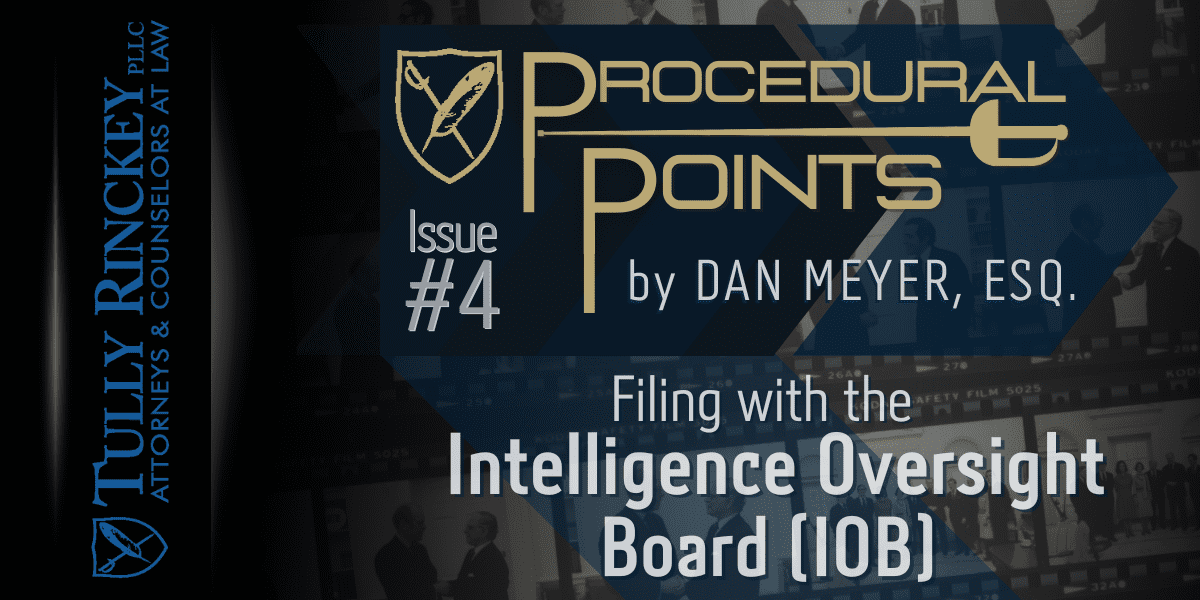Are you unsure if you are an employee or an independent contractor? It is not uncommon that actual employees are misclassified as independent contractors, and then denied their rightful minimum wage, overtime pay, and other protections.
The Fair Labor Standards Act
Employees are entitled to minimum wage and overtime pay protections under the Fair Labor Standards Act (FLSA) when there is an employment relationship between the worker and an employer and there is coverage under the FLSA, according to the U.S. Department of Labor (DOL). Employers are responsible for determining whether a worker is an employee (or an independent contractor) under the FLSA. However, sometimes employees are “misclassified” as independent contractors.
Ready to book your consultation? Click below to pay our consultation fee and book your meeting with an attorney today!
What Is Misclassification?
Misclassification occurs when an employer treats a worker who is an actual employee as directed under the FLSA as an independent contractor. Misclassifying employees as independent contractors is a serious problem because misclassified employees may not receive the minimum wage and overtime pay to which they are entitled under the FLSA or many other benefits and protections they are entitled to under the law, according to the DOL.
An recent study by the National Employment Law Project focusing on state-level reports on misclassification estimated that as many as 10% to 30% of employers misclassify their workers, and states that “[e]mployers in an increasing number of industries misclassify their employees as independent contractors, denying them the protection of workplace laws, robbing unemployment insurance and workers’ compensation funds of billions of much-needed dollars, and reducing federal, state and local tax withholding and revenues, while saving as much as 30% of payroll and related taxes otherwise paid for ‘employees.’”
Protecting Employees From Misclassification
A recent final rule from DOL aims to reduce the risk that employees are misclassified as independent contractors while providing a consistent approach for businesses that engage with individuals who are in business for themselves. “Final Rule: Employee or Independent Contractor Classification Under the Fair Labor Standards Act. RIN 1235-AA43” provides guidance on how to analyze whether a worker is an employee or independent contractor under the FLSA. Essentially, the rule aims to reduce the risk that employees are misclassified as independent contractors while providing a consistent approach for businesses that engage with individuals who are in business for themselves.
Specifically, the rule addresses factors that guide the analysis of a worker’s relationship with an employer, including
- any opportunity for profit or loss a worker might have;
- the financial stake and nature of any resources a worker has invested in the work;
- the degree of permanence of the work relationship; the degree of control an employer has over the person’s work;
- whether the work the person does is essential to the employer’s business; and
- a factor regarding the worker’s skill and initiative.
Am I an Employee or an Independent Contractor?
How do you know if you are an employee or an independent contractor? And if you are a misclassified employee, what can you do? To start, determine your status.
Employees: According to the DOL, an employee:
- works for someone else’s business;
- generally can only earn more by working additional hours;
- typically uses the employers’ materials, tools and equipment;
- typically works for one employer or may be prohibited from working for others;
- has a continuing or indefinite relationship with the employer;
- is directed by the employer as to how and when the work will be performed; and
- is assigned by the employer the actual work to be performed.
Independent contractors: An independent contractor, according to the DOL, is:
- in business for themselves;
- can increase profits through business decisions;
- typically provides their own materials, tools and equipment, and uses them to extend market reach;
- often works with multiple clients;
- has a temporary relationship with the client until a project is completed;
- decides how and when they will perform their work; and
- decides what work and projects they will take on.
You can contact us 24 hours a day, 7 days a week via phone at 8885294543, by e-mail at info@tullylegal.com or by clicking the button below:
Employer Responsibility
Employers should be aware that that if they hire individuals as independent contractors who should instead be classified as employees, they may be held liable for failure to pay overtime and minimum wage under the FLSA and applicable state wage laws.
The statute of limitations for an individual to file a wage claim under the FLSA is two years for a non-willful violation and three years for a willful violation, and both criminal penalties and liability for back wages may be levied against employers and executives found in violation of FLSA laws, according to ADP.
Further, potential civil liability exposure for companies that misclassify workers exist, and employers found in violation may incur penalties, including unpaid overtime costs and minimum wage deficits, in addition to liquidated damages equal to unpaid wages and attorney fees.
What to Do if You Are a Misclassified Employee
If you are an employee who has been misclassified as an independent contractor, it is advisable to contact a knowledgeable employment attorney. An employment attorney can help you gain an understanding of the unique difficulties each workplace conflict presents and work toward a solution that benefits you.
Tully Rinckey attorneys have the experience to assist both employees and employers in achieving their objectives, regardless of the matter, which may include employment misclassification, discrimination, sex harassment, or any other claim involving worker rights or employer responsibilities. Call 8885294543 or contact us online today for a consultation and get an advocate who will fight for your rights and help secure your career and your future.
Amanda Smith, Esq. is a Partner in Tully Rinckey PLLC’s Buffalo office, where she focuses her practice on Federal and State Employment and Labor Law.







